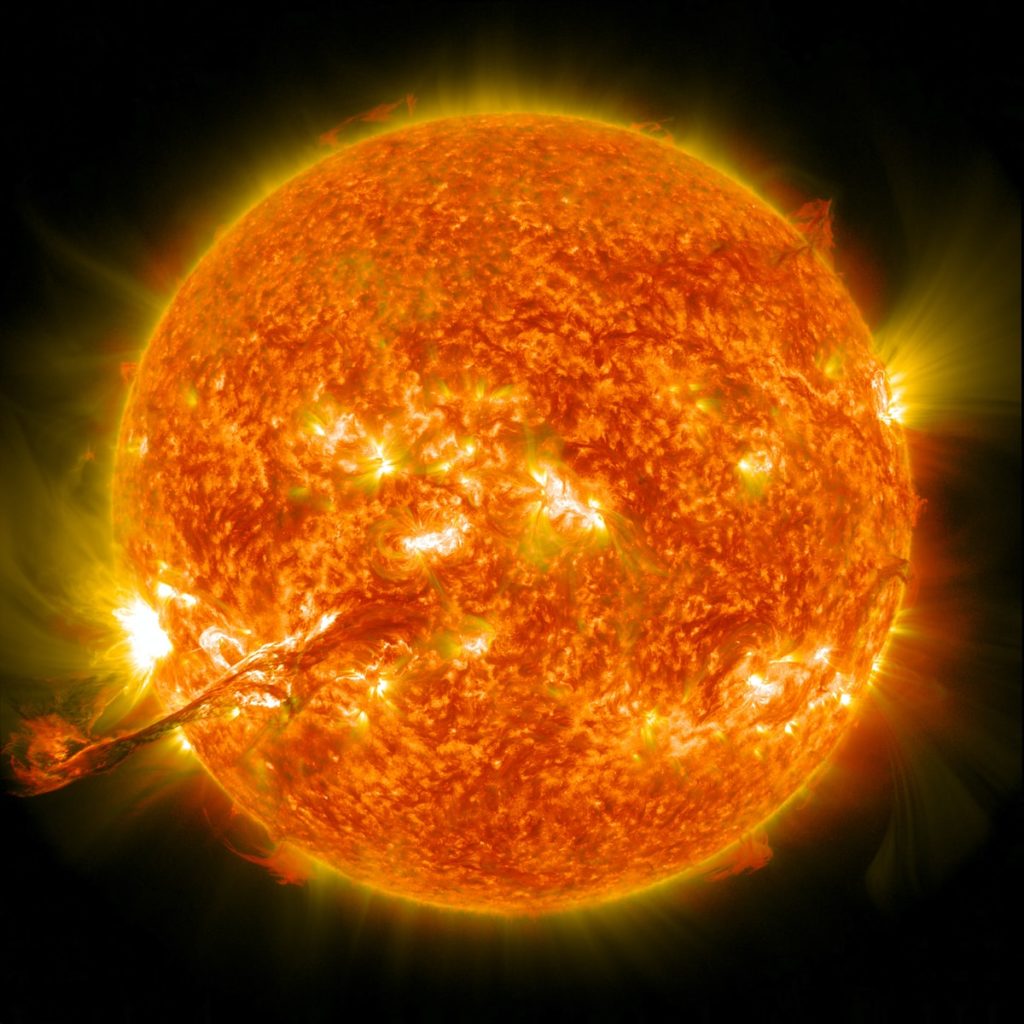The James Webb Space Telescope and its recent discoveries have had more than a few of us excited by the prospect of future discoveries.

But that hasn’t stopped some of us from trying to advance that timeline forward a little bit, even if only jokingly.
The problem with that is, if you’re a prominent astrophysicist, people tend to think you’re not joking.
Perhaps that’s why a recent Étienne Klein at the Alternative Energies and Atomic Energy Commission garnered a little bit more attention than usual.
And who’s to blame the public for taking him at his word, or, tweet in this case?
Unfortunately for everyone, however, it looks like a joke taken a little too far ended up going viral and demonstrating to us all, once again, just how powerful information (correct or otherwise) can be on the Internet.
Tweeting “Picture of Proxima Centauri, the nearest star to the Sun, located 4.2 light years away from us. It was taken by the James Webb Space Telescope. This level of detail… A new world is unveiled everyday [sic],” Étienne Klein attached to this text a picture of what he claimed was Proxima Centauri, although, to be quite frank (pun intended), we’re shocked that anyone didn’t see this for what it was.
What followed was a series of apologies from Klein about the nature of the tweet and that the joke illustrated just how dangerous virality can be on the Internet. CNN reports he later shared an image of the cartwheel galaxy making the rounds among James Webb Space Telescope fans, but some of his followers are still somewhat burnt by the chorizo sun.
“In view of certain comments, I feel obliged to specify that this tweet showing an alleged picture of Proxima Centauri was a joke. Let's learn to be wary of the arguments from positions of authority as much as the spontaneous eloquence of certain images,” the scientist said in a follow-up statement.
Of course, if you have any thoughts on the stellar chorizo, we’d love to hear them in the comments below.
Check out our other photography news on Light Stalking at this link right here.
[CNN]




